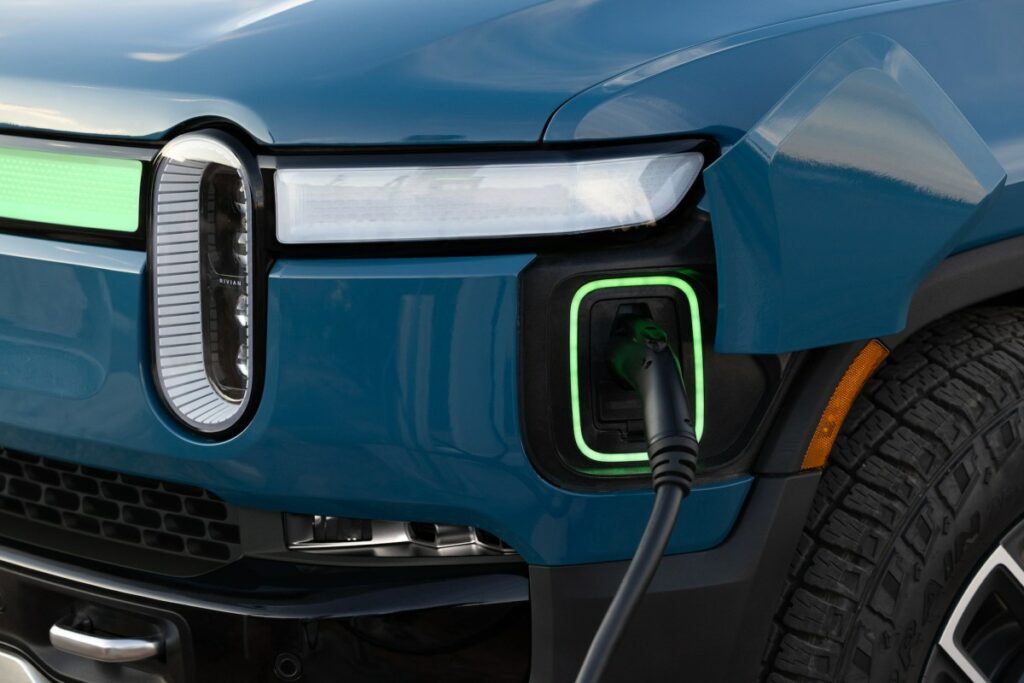The batteries that power Rad Power Bikes’ e-bikes “pose a risk of serious injury and death” and owners should stop using them, according to the U.S. Consumer Product Safety Commission.
The warning, issued Monday by the CSPC, is due to a risk that the batteries can ignite or explode. The CPSC has linked the batteries to 31 reports of fire so far. Twelve of those incidents resulted in property damage, and some of them even occurred when the batteries were not charging, according to the commission.
“The hazardous batteries can unexpectedly ignite and explode, posing a fire hazard to consumers, especially when the battery or the harness has been exposed to water and debris,” the CPSC writes.
The battery fires and the CPSC warning are coming at a particularly bad time for Rad Power, which told employees earlier this month the company will shut down for good in January if it cannot find new funding.
The CPSC said Monday that Rad Power “refused to agree to an acceptable recall,” and claims the company said it is “unable to offer replacement batteries or refunds to all consumers” due to its financial situation.
Rad Power told TechCrunch it “firmly stands behind our batteries and our reputation as leaders in the ebike industry, and strongly disagrees with the CPSC’s characterization of certain Rad batteries as defective or unsafe.”
The company said it “offered multiple good-faith solutions to address the agency’s concerns,” including upgrading customers to its latest batteries, which are not subject to the official warning. “CPSC rejected this opportunity. The significant cost of the all-or-nothing demand would force Rad to shut its doors immediately, leaving no way to support our riders or our employees.” (The Verge first reported Rad Power’s disagreement with the CPSC.)
Techcrunch event
San Francisco
|
October 13-15, 2026
Rad Power claimed its batteries comply with “the highest industry standards” and said the “incident rate associated with the batteries in the CPSC’s notice is a fraction of one percent.”
“While that number is low, we know even one incident is one too many, and we are heartbroken by any report involving our products,” the company told TechCrunch in an email.
Owners can find out if they have batteries covered by the warning on the CPSC warning page. The commission is telling customers not to throw the lithium-ion batteries away, or bring them to traditional recyclers. Instead, they should bring the batteries to “municipal household hazardous waste (HHW) collection center[s].”


